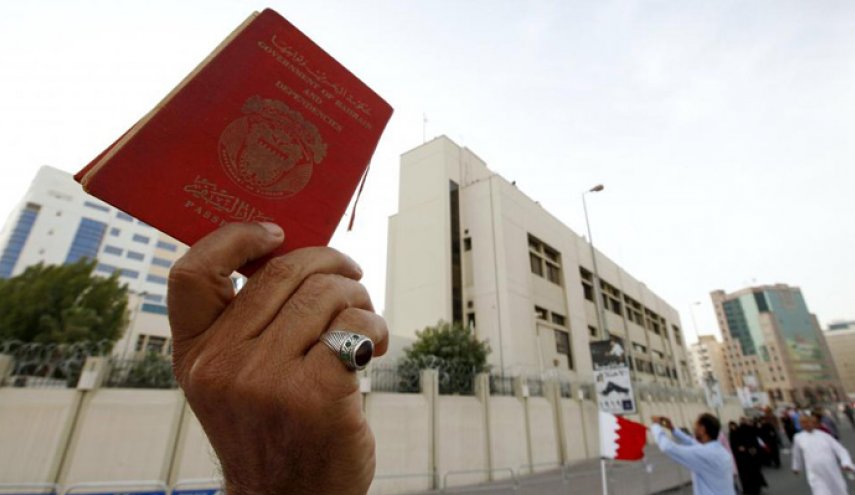The Bahraini Constitution of 2002 stipulates that “a person cannot be deprived of its citizenship except in cases of treason” and as provided by law. The acquisition, loss, and withdrawal of citizenship are governed by the Bahraini Citizenship Act of 1963, which has been amended several times, most recently in 2019.
To suppress dissenting voices, Bahraini authorities have arbitrarily stripped several individuals of their citizenship, leaving them stateless and vulnerable to other human rights violations. The vague and broad wording of the Citizenship Act of 1963, particularly Article 10, allows for citizenship withdrawal if the interests of the Kingdom are at stake. This has enabled extensive use of citizenship revocation against dissidents, perceived as acting contrary to their duty of loyalty towards the Kingdom.
Following the Arab Spring, nearly a thousand individuals lost their citizenship between 2012 and 2020. Leading Bahraini human rights activists, such as Abdulghani al-Khanjar and Hussain Abdulla, have criticized the Kingdom’s use of citizenship withdrawal as a tool to suppress dissent.
Individuals have also been denaturalized under Law No. 58 of 2006, which allows for the loss of citizenship for those convicted of certain crimes. In 2019, the Citizenship Act was amended to include terror-related offenses as grounds for revocation. The executive authority, specifically the Cabinet on the proposal of the Minister of Interior, now decides on citizenship withdrawal based on terrorism-related charges.
Between 2018 and 2019, approximately 300 individuals lost their citizenship due to abuses of power by authorities, often condemned in mass trials lacking due process and fair trial guarantees. In May 2018, 115 people were stripped of citizenship in a single trial, and in February 2019, 167 people were imprisoned for participating in a peaceful sit-in.
On 16 April 2019, a mass trial resulted in the revocation of citizenship for 138 individuals, with sentences ranging from three years to life imprisonment. Seventeen of those detained were minors aged 15 to 17. The UN High Commissioner for Human Rights, Michelle Bachelet, expressed concern over this decision and urged Bahrain to align its domestic legislation with international human rights commitments. The arbitrary revocation of citizenship breaches Article 15 of the Universal Declaration of Human Rights.
On 21 April 2019, King Hamad bin Isa Al Khalifa issued a Royal Pardon restoring the citizenship of 551 denaturalized individuals. However, many of them cannot fully enjoy Bahraini citizenship or perform their duties as citizens. Some remain imprisoned with long-term or life sentences, others face delays in obtaining citizenship documents, and their children were born stateless. Notably, influential opposition figures and human rights defenders were not among those pardoned
Zahra Albarazi, an independent consultant on statelessness, highlighted that citizenship revocation is used by states, including Bahrain, as a political tool in violation of international law, leaving people stateless. This method effectively silences opposition by depriving individuals of their right to speak on national issues, as they fear the consequences of statelessness.
Courtney Radsch, advocacy director at the Committee to Protect Journalists, emphasized that the Bahraini government also targets journalists and bloggers, suppressing freedom of expression and the press. Numerous journalists and bloggers have been imprisoned and denied adequate medical treatment.
Mouna Ben Garga from the World Alliance for Citizen Participation (CIVICUS) noted that Bahrain is at the forefront of using citizenship revocation to repress dissent. Revoking citizenship strips individuals of their civic rights, preventing them from holding their government accountable and participating in civic life.
The arbitrary deprivation of nationality in Bahrain remains a profound human rights issue. Despite some gestures towards reform, such as the Royal Pardon, the underlying legal framework and government practices continue to enable the suppression of dissent and the violation of basic human rights. International pressure and continued advocacy are essential to push Bahrain towards aligning its laws and practices with international human rights standards and to protect the rights of all its citizens, including those arbitrarily stripped of their nationality.





